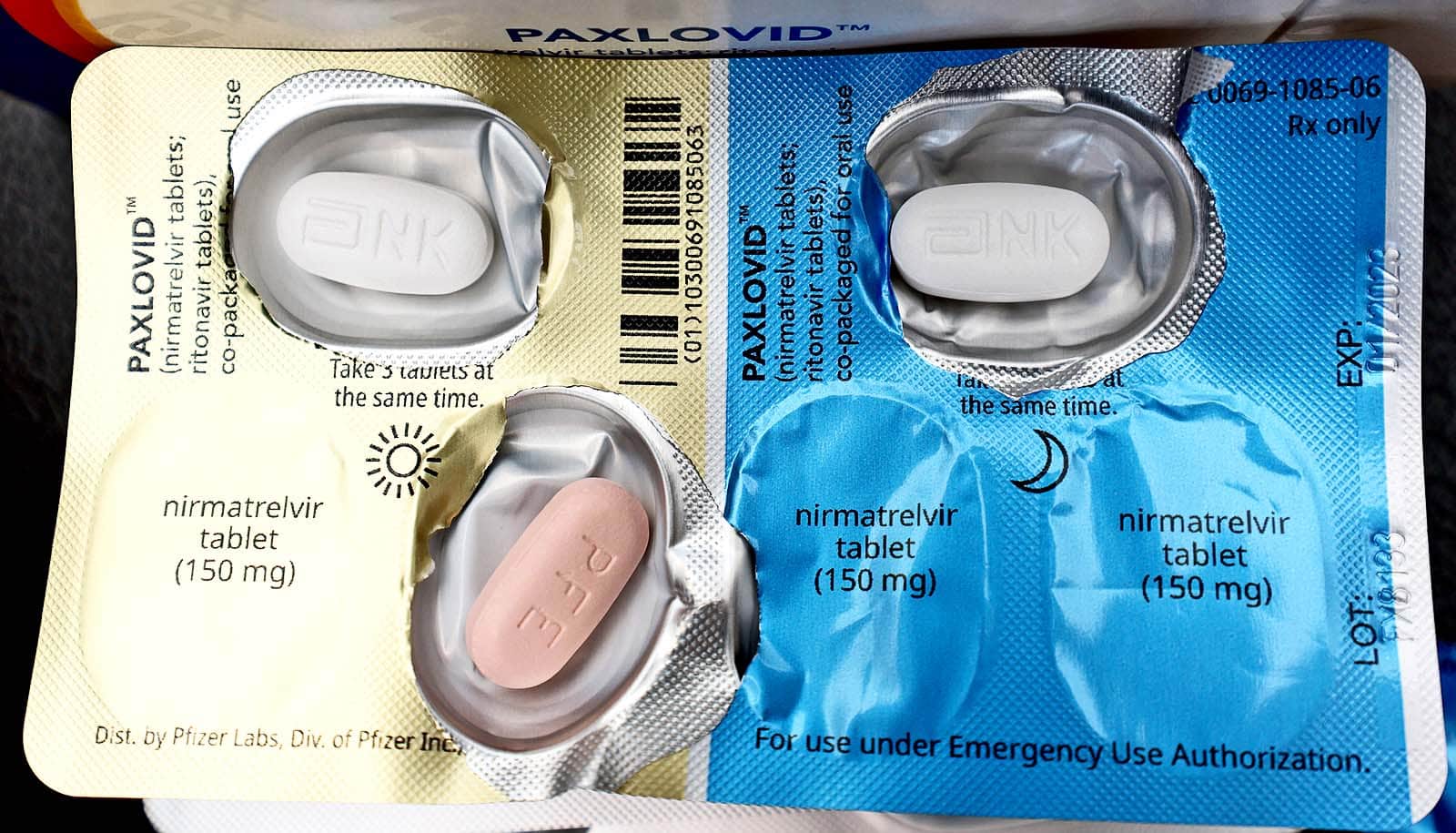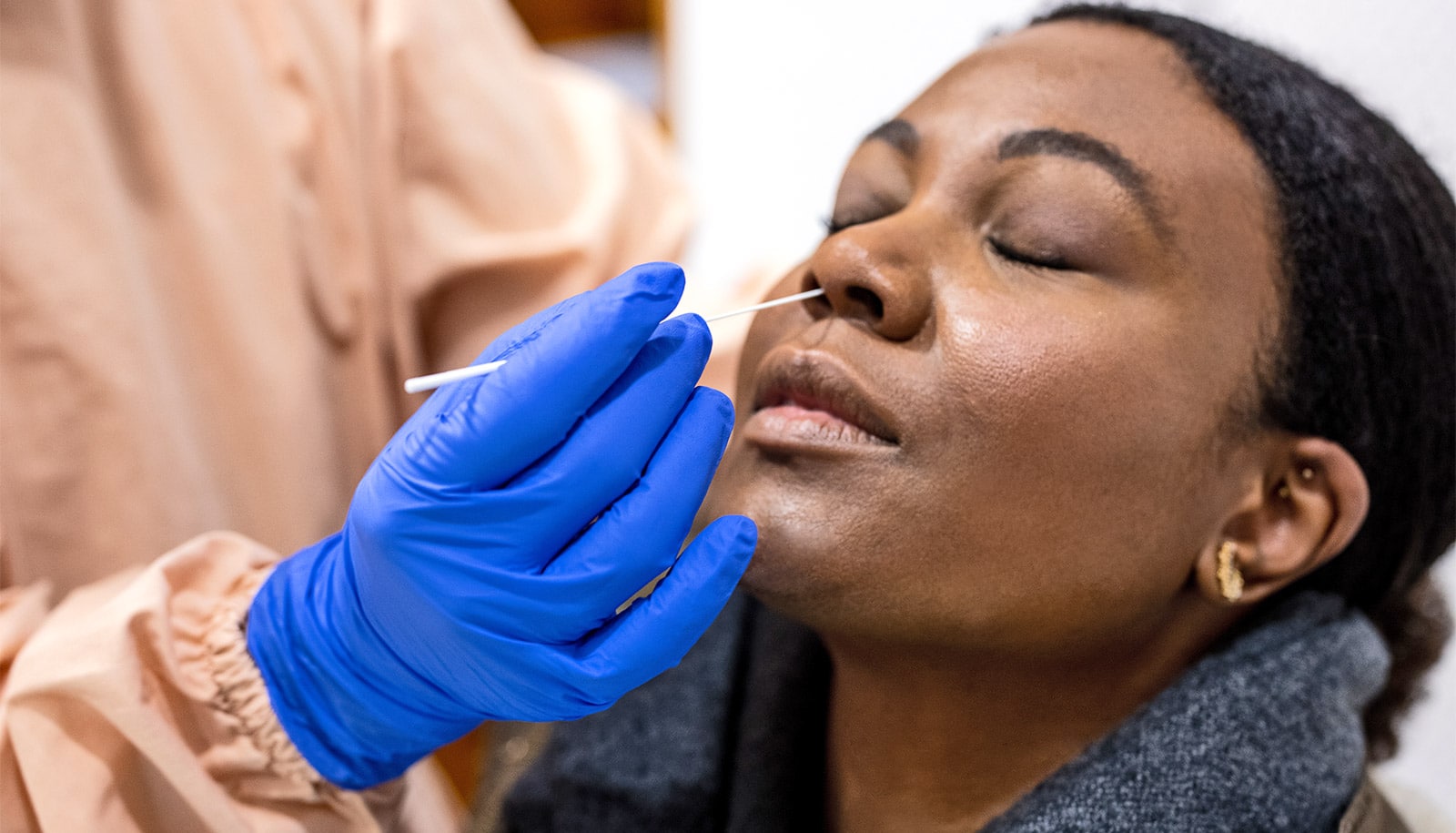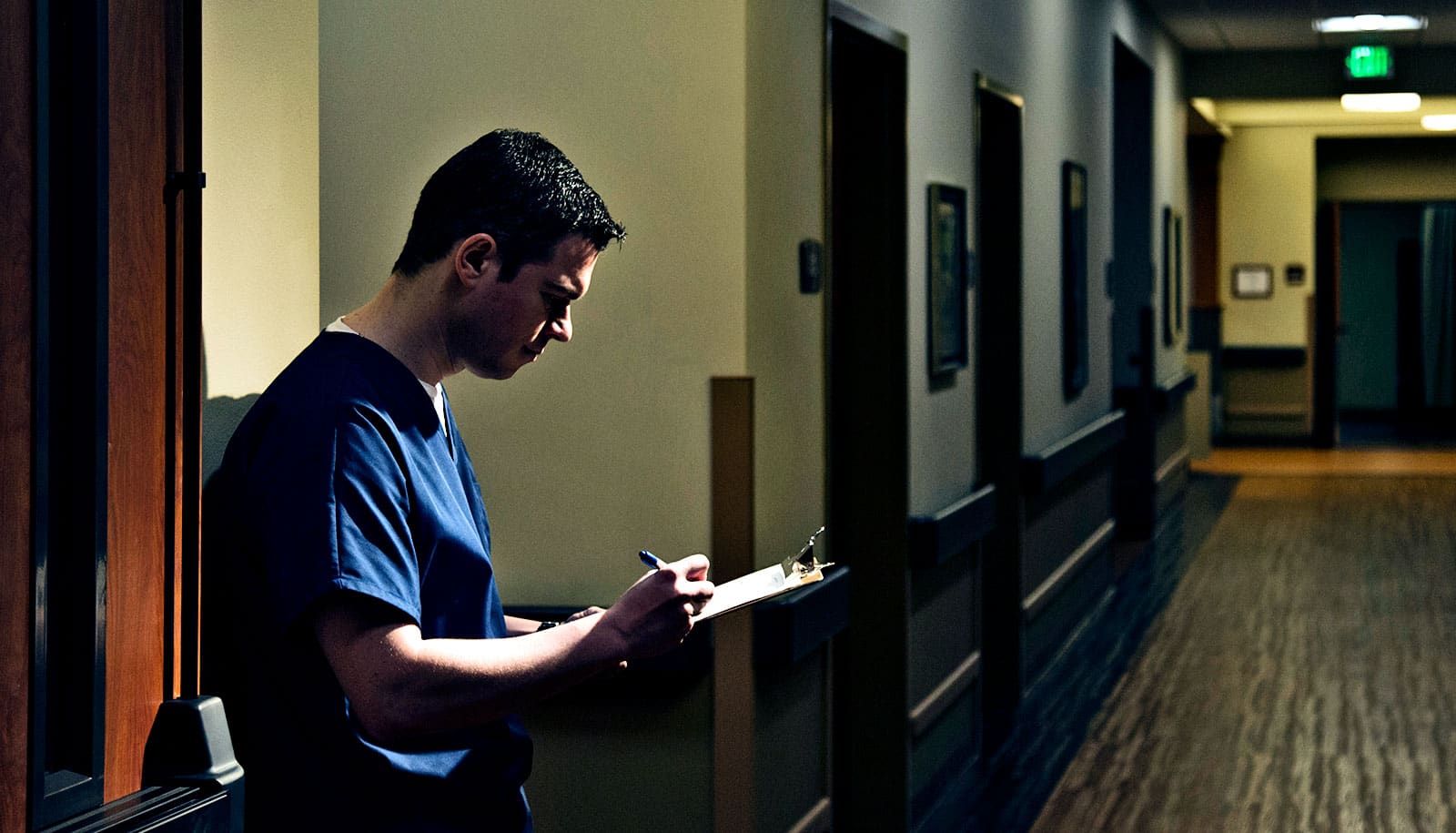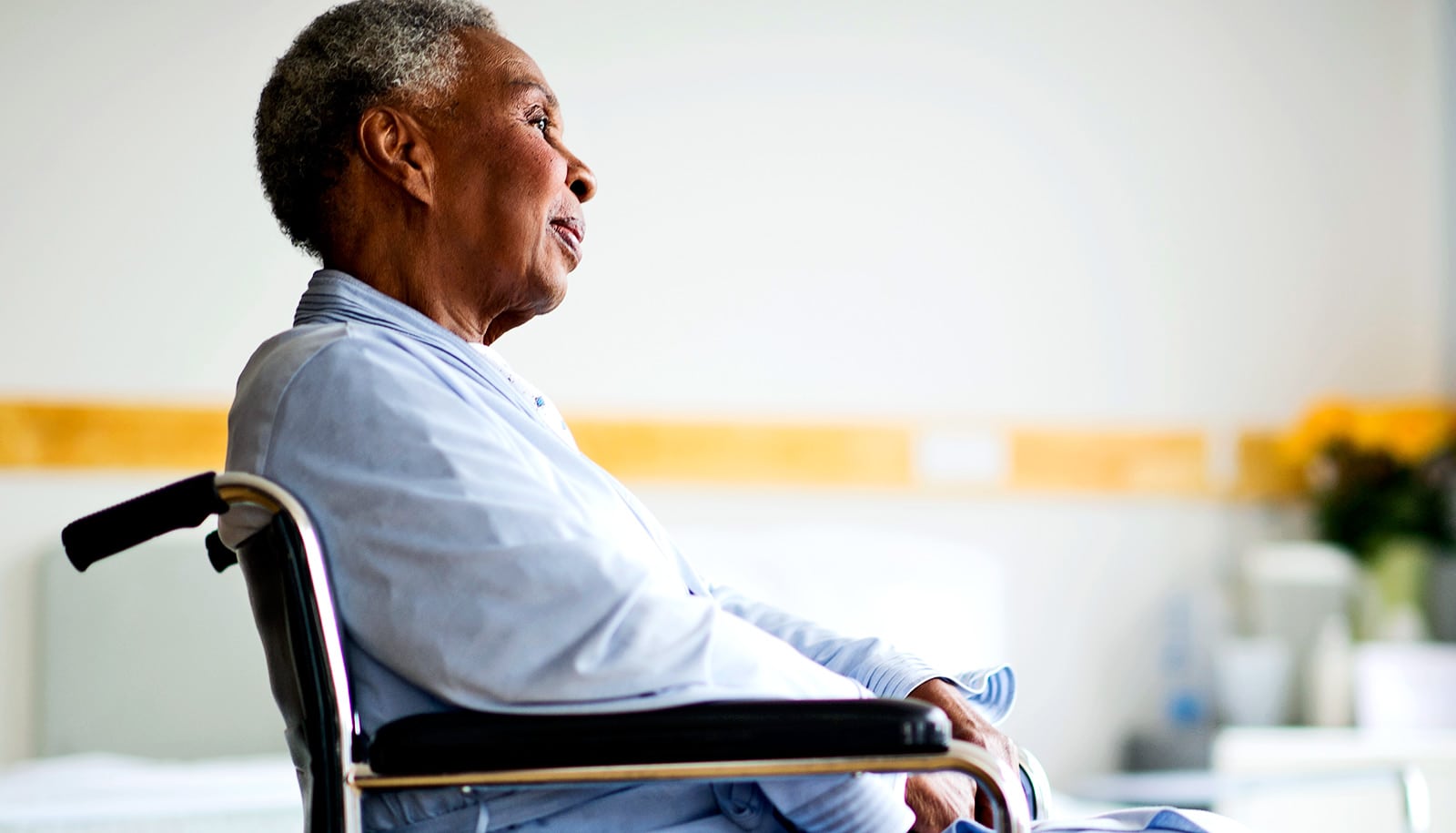Given the high risk of nursing home resident populations to COVID-19, the use of monoclonal antibodies and oral antiviral drugs is surprisingly low, report researchers.
They examined data compiled by the Center for Disease Control and Prevention National Healthcare Safety Network, focusing on the 19-month period from May 2021 to December 2022, during which there were 763,340 reported resident COVID cases in 15,092 nursing homes in the United States.
Study coauthor Brian McGarry of the University of Rochester Medical Center and collaborators note that all nursing home residents are at high risk for adverse outcomes due to COVID and may benefit from antiviral COVID treatments. However, the use of these drugs in nursing homes was low, a finding the researchers found particularly alarming as almost all nursing home residents meet clinical guidelines to be considered for treatment.
As reported in JAMA, the researchers found that:
- Just 18% of COVID cases in nursing homes received an antiviral treatment during the study period.
- Treatment rates only improved to one in four COVID cases after the authorization of oral treatments, which are easier to administer and widely available by the end of 2022.
- By the end of 2022, 40% of nursing homes reported that they had never used any antiviral treatments.
- Facilities with higher shares of Medicaid and non-white residents were less likely to use potentially life-saving antivirals, as were for-profit and lower quality facilities, likely contributing to disparities in COVID hospitalizations and deaths.
Additional coauthors are from Harvard University. The study had funding from the National Institute of Aging.
Source: University of Rochester



